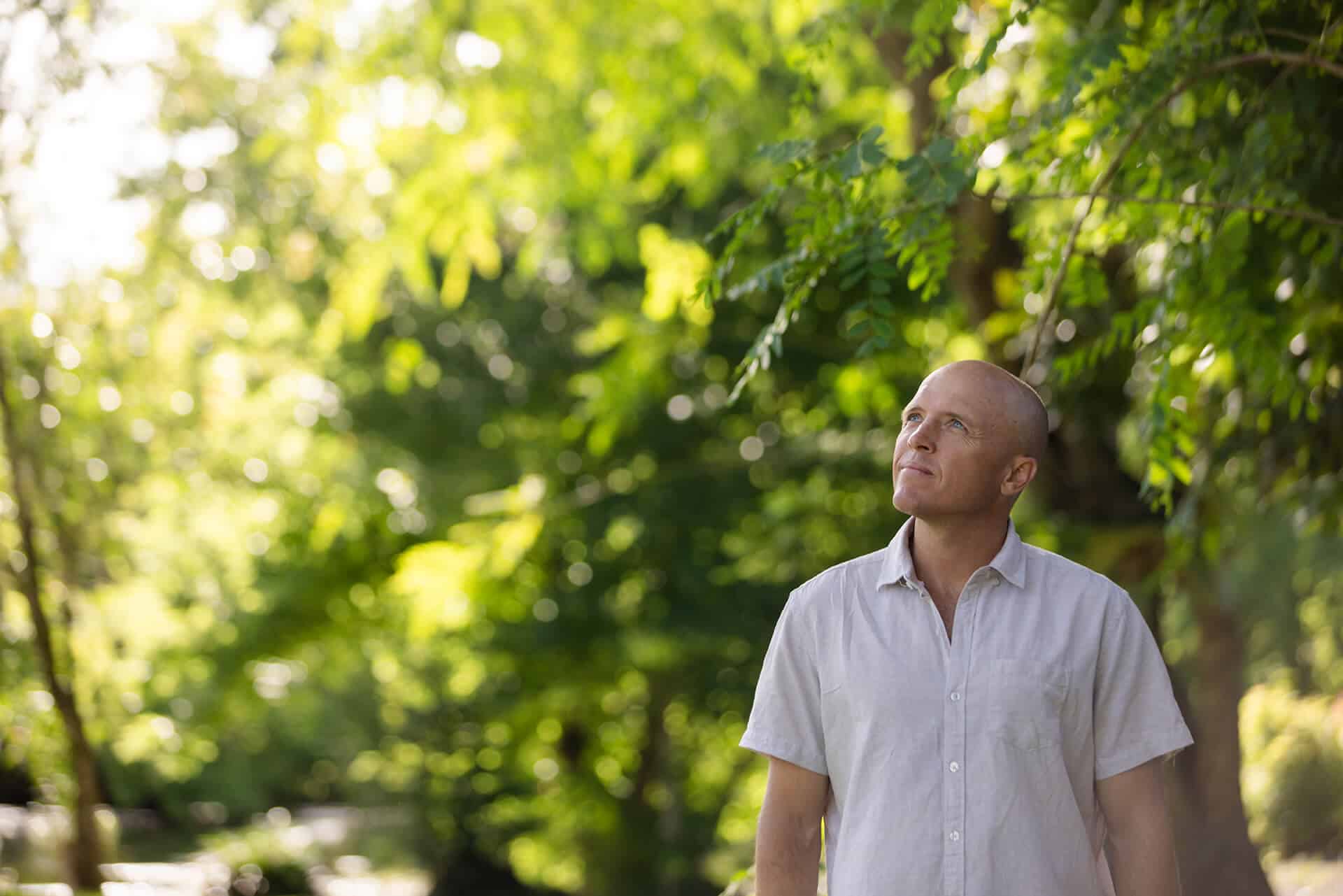
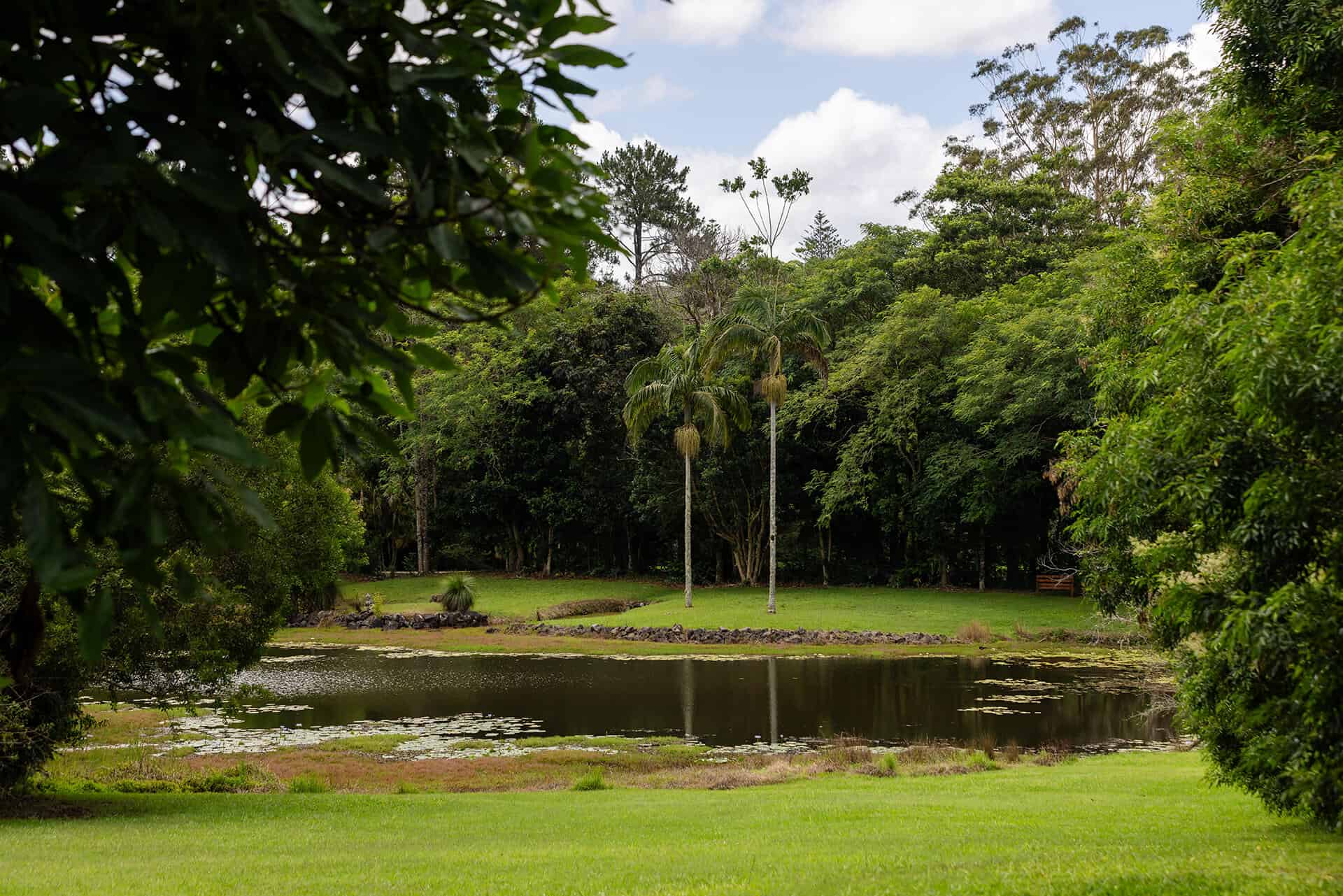
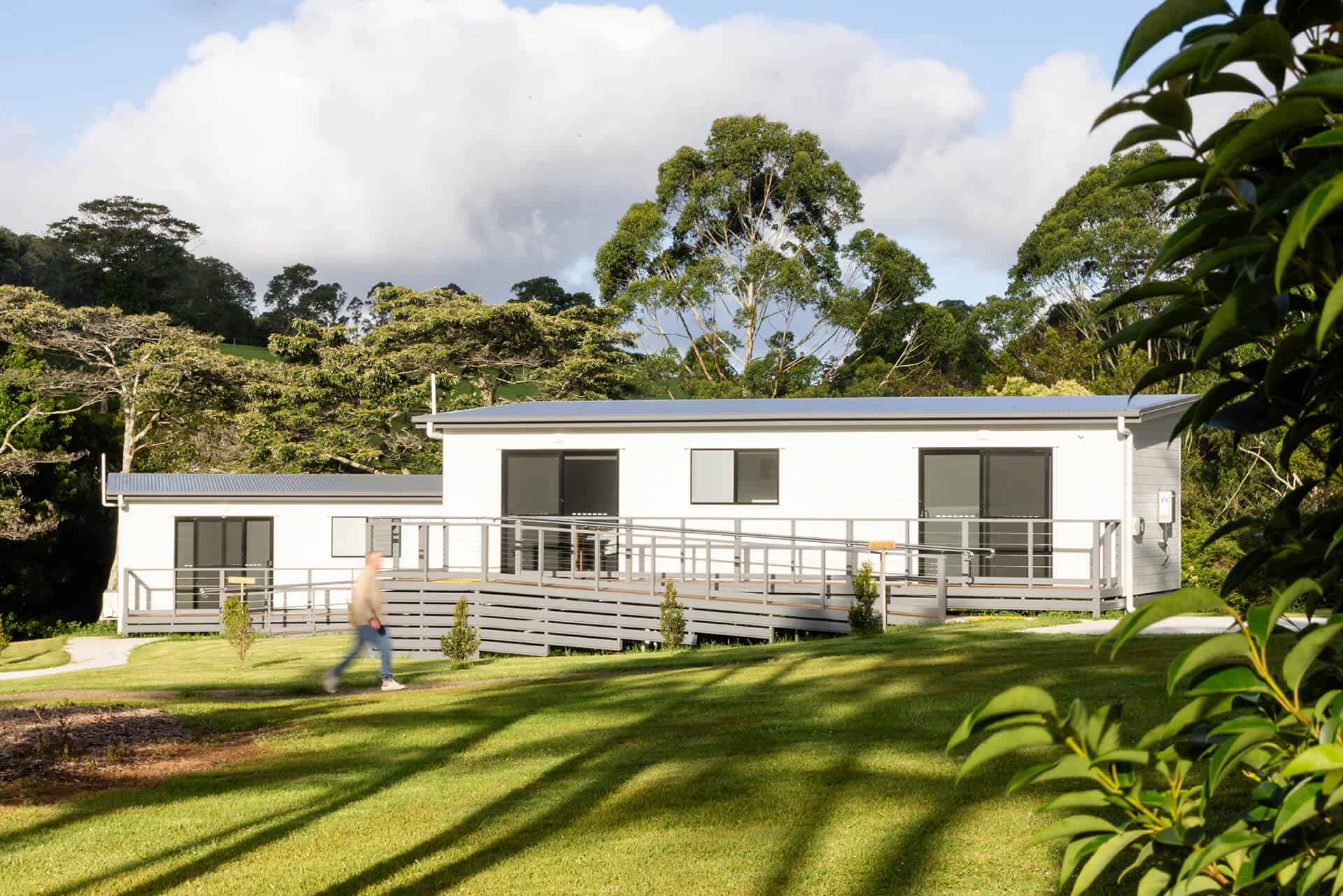



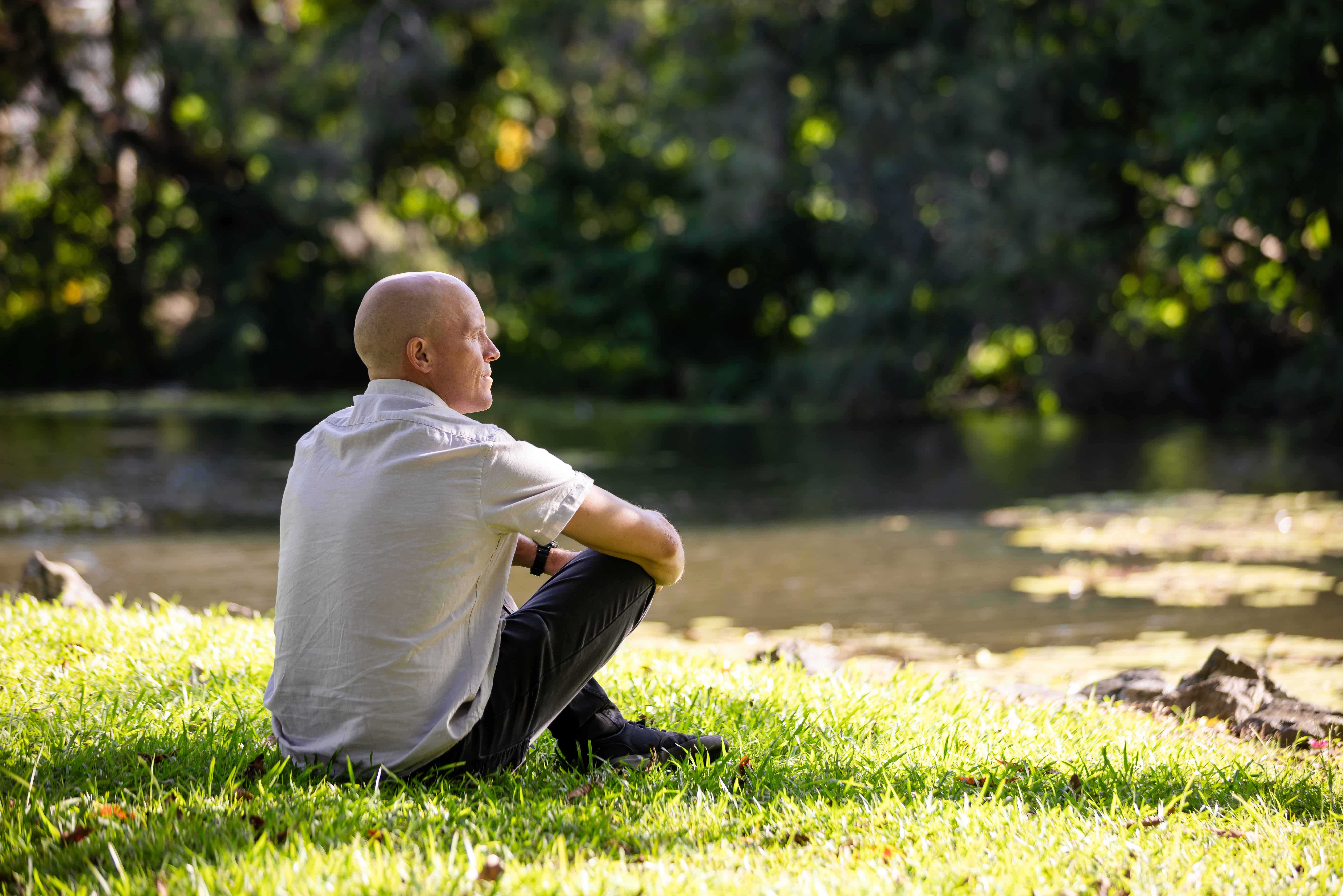
A safe, supportive environment for those seeking structured help for substance use disorder, delivered with compassion and respect.
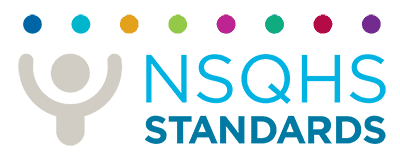
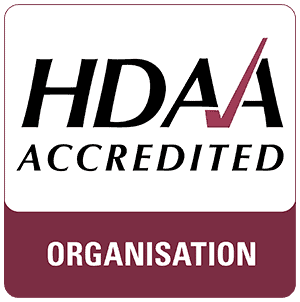
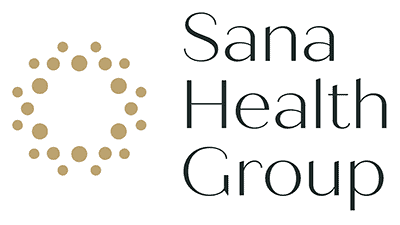
If you’re seeking help for substance use, or supporting someone who is, know that you’re not alone — and you’re in the right place.
At Palladium Private, we provide evidence-based support for individuals living with substance use disorder in a calm, private environment that feels worlds away from the chaos that addiction often brings. Our rehab offers a retreat-like setting and holistic approach to recovery, combining psychological therapy, medical support, and wellness practices to help clients create lasting change.
We treat more than just the behaviour. We look at the emotional and psychological drivers behind drug and substance use, including trauma, anxiety, and depression. Whether this is your first time seeking help or part of a longer recovery journey, our team will meet you with compassion, professionalism, and real-world understanding.
With an experienced clinical team and lived experience professionals you’ll be supported every step of the way as you work towards sustainable recovery.
Substance use often begins as a way to cope. With stress. With trauma. With pain. That’s why lasting recovery starts by understanding what’s driving the behaviour, not just trying to stop it.
At Palladium Private, we take the time to explore the emotional and psychological root causes of substance use disorder. Through one-on-one therapy, guided reflection, and structured psychoeducation, clients gain the insight needed to begin making different choices, rooted not in fear or habit, but in self-awareness and strength.
Addiction doesn’t only affect the mind. It impacts your energy, sleep, physical health, relationships, and sense of self-worth. That’s why our approach integrates psychological support with physical wellbeing, emotional regulation, and nutritional care.
Your program may include breathwork, mindfulness, yoga and physical therapy, art therapy, and structured group sessions. These elements help to regulate the nervous system, reduce cravings, and build resilience, so recovery feels sustainable, not just possible.
Clients at Palladium Private are supported by a multidisciplinary team that works together to address every aspect of recovery—emotional, physical, and psychological. Your wrap-around care team includes health professionals such as a therapist, counsellor, yoga therapist, personal trainer, registered nurse, and program coordinator.
This collaborative approach ensures that your needs are met from multiple angles, helping you build a stronger, more sustainable foundation for change. Many of our team members also bring lived experience of recovery themselves, creating an environment where you’re not only seen and heard, but genuinely understood. That empathy is powerful—and so is their professionalism.
Located in the Sunshine Coast hinterland, Palladium Private offers a peaceful, retreat-like environment far from the distractions and pressures of daily life. This space gives you the time and distance you need to reflect, rest, and begin again with clarity.
Clients often tell us that being surrounded by nature and free from outside expectations was a turning point in their recovery. Here, you’re not just stepping away from substances, you’re learning how to live in a way that feels more grounded, connected, and in control.
Our residential program provides structured and compassionate care for people experiencing drug addiction rehabilitation. Clients live on-site at our private retreat in the Sunshine Coast hinterland, away from the triggers and stressors of everyday life. This space is intentionally designed to support reflection, regulation, and recovery.
For clients who need detox support*, we offer a medically supervised service on-site. This allows you to safely stabilise before beginning deeper therapeutic work.






Our psychosocial model of care is designed to help clients rebuild physical health, emotional stability, and a sense of agency. Whether you’re seeking drug rehab in Brisbane, the Sunshine Coast, or beyond, Palladium Private offers a safe and effective path forward.
*Detox is provided as an additional service and incurs an extra cost
Taking the first step can feel daunting—but it doesn’t have to be. We’ll walk you through program options, availability, costs, and available funding streams—so you have everything you need to make the decision that’s right for you or someone you care about.
01
Enquire: Submit the form or call 1300 573 095.
02
Complete Questionnaire: Help us match you with the right program.
03
Choose Funding: Explore self-funding, or QLD WorkCover options (eligibility required).
04
Confirm Admission: Secure your place and prepare to begin.
05
Arrive & Detox (If Needed): Begin with supported mild detox (where clinically appropriate, following assessment).
06
Begin Program: Orientation, assessments, and your tailored schedule.
You don’t have to navigate this alone. Whether you’re reaching out for yourself or someone you care about, our experienced intake consultants are here to listen — without judgment or pressure.
You deserve expert care, and we’re ready when you are. One conversation is all it takes to begin.
We support individuals living with a range of substance use challenges, including dependence on alcohol, prescription medication, stimulants, amphetamines, cannabis, opioids, and other illicit drugs. Whether substance use has become a daily pattern or is beginning to impact your relationships, work, or wellbeing, our team can help you assess whether a multi-week residential program is right for you.
If required, we offer an on-site medical detox. This is completed prior to the commencement of your rehab program, allowing you to safely stabilise before engaging in deeper therapeutic work. Not all clients need a detox period, and this will be discussed with you during your intake assessment.
Please note that detox is offered as an additional service and incurs an extra cost, which will be outlined as part of your personalised intake plan.
Our programs are designed as multi-week residential stays. While clinical recommendations often fall within the 4 to 5 week range, we understand that everyone’s situation is different. Some clients may benefit from a shorter stabilisation stay, while others choose to extend their time for additional support. We’ll work with you to determine what’s most appropriate.
Unlike some inpatient drug rehab centres, Palladium Private offers an integrated, therapeutic model that addresses the emotional and psychological drivers behind substance use. We are an NSQHS-accredited mental health retreat, with a focus on person-centred care, trauma-informed therapy, and sustainable recovery.
Before leaving Palladium Private, every client receives a personalised aftercare plan to help maintain progress and navigate the transition back to daily life. This may include ongoing therapy recommendations, relapse prevention strategies, and referrals to local services or professionals.
We understand that recovery doesn’t end when your stay does, which is why we focus on equipping you with the tools, support, and structure you need to stay connected to your goals long after you leave the retreat.
When it all feels like too much, something needs to change.
Whether it’s for you or someone you love, you don’t have to keep living this way.
There is a path forward. Let’s take the first step together.